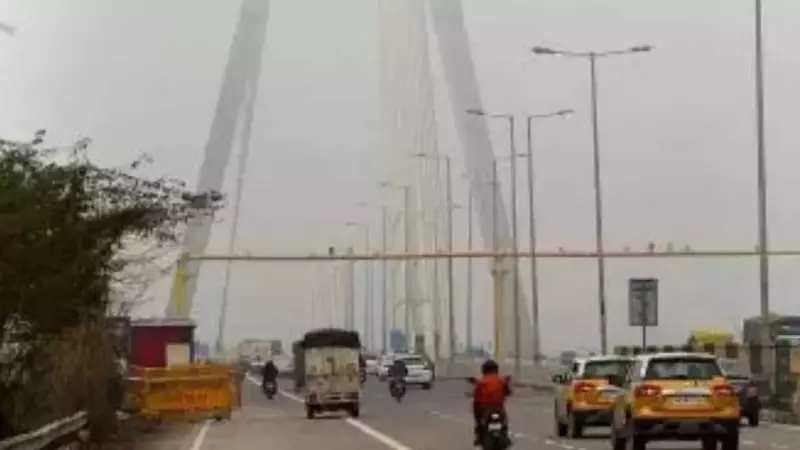
Delhi residents faced one of the most toxic Octobers in recent memory as the capital recorded its second worst air quality for the month in the last five years. According to alarming data from the Central Pollution Control Board (CPCB), the average Air Quality Index (AQI) for October 2023 settled at a hazardous 210, painting a grim picture of the city's pollution crisis.
The Pollution Timeline: A Month of Deteriorating Air
The month began with moderate pollution levels but rapidly descended into dangerous territory. The first week showed promise with an AQI of 182, but conditions worsened dramatically as October progressed. By the second week, the index climbed to 212, and the situation became critical in the third week when AQI levels skyrocketed to 236.
While the final week showed some marginal improvement at 213, the damage was already done. The persistent toxic haze forced authorities to implement stricter measures and left citizens grappling with health concerns.
Stubble Burning: The Primary Culprit
Environmental experts point to stubble burning in neighboring states as the major contributor to Delhi's pollution woes. The practice of burning agricultural residue in Punjab and Haryana typically peaks during October, coinciding with the withdrawal of monsoon winds that would otherwise help disperse pollutants.
This year, the problem was exacerbated by unfavorable meteorological conditions that trapped pollutants close to the ground, creating a dense layer of smog that blanketed the city for days on end.
Comparative Analysis: How Bad Was It Really?
The current October's AQI of 210 represents a significant deterioration compared to recent years:
- 2022: Recorded the cleanest October with AQI at 171
- 2021: Moderate pollution levels at AQI 184
- 2020: Similar to current levels at AQI 205
- 2019: The worst October in five years with AQI reaching 236
The data clearly indicates that while 2023 wasn't the absolute worst, it represents a dangerous reversal of the improving trend seen in 2021 and 2022.
Health Implications and Public Response
Medical professionals across Delhi reported a significant surge in respiratory complaints, particularly among children, elderly residents, and those with pre-existing conditions. The hazardous air quality forced schools to reconsider outdoor activities and many offices implemented work-from-home policies to protect employees.
Environmental activists and concerned citizens have called for more stringent and permanent solutions to address the annual pollution crisis, rather than temporary measures that provide only short-term relief.
As winter approaches, experts warn that conditions could worsen further unless immediate and effective action is taken to control pollution sources and protect public health.





